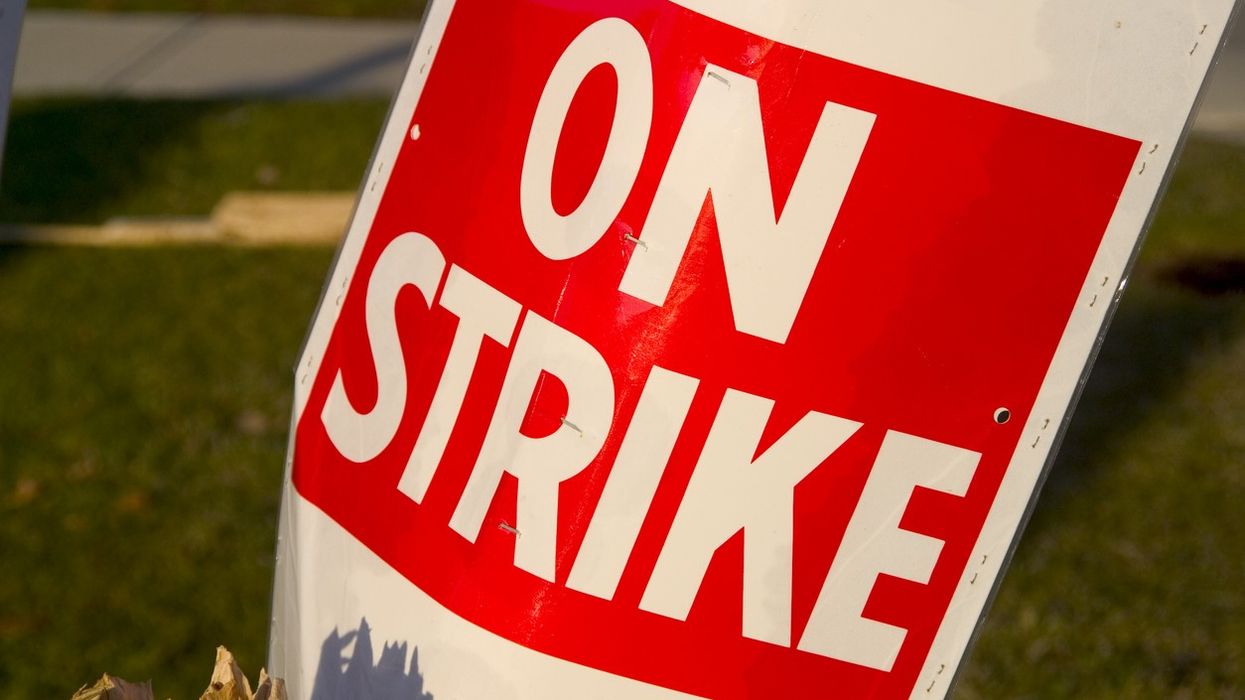Junior doctors’ strikes cost the taxpayer nearly £1.7 billion since April last year and led to over 1.5 million appointments cancelled
Junior doctors have accepted the government's pay offer by 66 per cent, marking the end of the most prolonged industrial dispute in the history of the NHS.
Following this new deal, a newly qualified doctor starting foundation training in the NHS will now receive a basic salary of £36,600, compared to around £32,400 prior to the agreement.
Beyond pay increases, the government and junior doctors agreed to work together to resolve wider issues affecting the workforce, including training and rotational placements.
Health and Social Care Secretary Wes Streeting made resolving the strikes his top priority, holding talks with the British Medical Association’s (BMA’s) junior doctors committee on his first day in office.
Streeting expressed his relief that the offer was agreed upon within weeks, ending the strikes ahead of looming winter pressures on the NHS.
He said: “We inherited a broken NHS, the most devastating dispute in the health service’s history, and negotiations hadn’t taken place with the previous ministers since March.
“Things should never have been allowed to get this bad. That’s why I made ending the strikes a priority, and we negotiated an end to them in just three weeks.
“This marks the necessary first step in our mission to cut waiting lists, reform the broken health service, and make it fit for the future.”
The deal comes just five days after Prime Minister Keir Starmer's major speech on NHS reform at the King’s Fund, where he outlined the government's commitment to fixing the health service with long-term reform.
He said that the NHS workforce will play an integral part in both designing and delivering the government’s 10-year health plan to deliver the necessary reform.
The pay dispute cost the taxpayer nearly £1.7 billion since April last year and led to over 1.5 million appointments cancelled, significantly impacting patient care.
In addition to resolving the pay dispute, the government has taken action to remove red tape preventing general practices from hiring doctors, ensuring the recruitment of over 1,000 newly qualified GPs by the end of the year.
The government also launched the Voluntary Scheme for Branded Medicine Pricing, Access, and Growth (VPAG) Investment Programme, a £400 million joint public-private initiative, last month, aimed at giving NHS patients faster access to new treatments and positioning the UK as a leader in cutting-edge health research.
Recognising the challenges posed by frequent job rotations for junior doctors and their families, the Department of Health and Social Care has decided to lead a review to reform the system, aiming to reduce the number and frequency of rotations.













